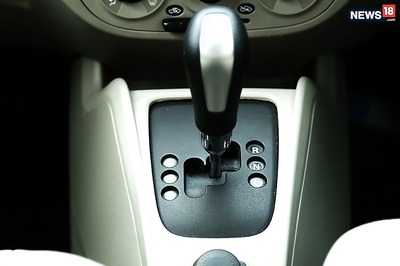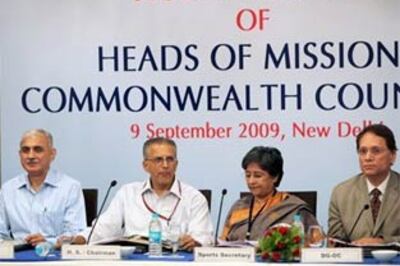
views
Bliberalisation levelled the global consumer-world, a visiting non-resident Indian enjoyed the status of a rock star in Kerala, which accounts for a fifth of non-resident Indians (NRIs).
Serpentine queues of friends and family used to wait longingly for the bell-bottomed "Gulf Malayalee" to show up at the airport carrying suitcases laden with perfumes, exotic chocolates and electronic gadgets. After 1991, those goods began to be sold in India and the queues dwindled.
Now it will be the NRIs who will be lining up. NRIs from Kerala as well as those from Tamil Nadu, Assam, Puducherry and West Bengal have been permitted to vote during the Assembly elections in these states for the first time in history.
The Parliament had passed the Representation of People (Amendment) Bill, 2010 in November last year allowing NRIs to vote and also to contest polls. Registration of voters from overseas is now on. The first votes will be cast in West Bengal, Tamil Nadu and Kerala. All these states are going for Assembly Elections in April. The Indian diaspora is estimated between 20-25 million people and even if 5-10 percent of these people visit India for their annual holidays, that can be a decent number.
There is a chance that the NRI vote, though small in number, may have a decisive impact in certain places. Eravipuram in Kollam district, for instance, holds the record for the narrowest victory in state elections after A.A. Azeez of the Revolutionary Socialist Party defeated his closest rival by five votes in 2001. Azeez who won by a thumping margin of 25,000 votes in the 2006 polls, says he is undecided about whether the NRIs in his constituency could again cause a repeat of the nail-biting finish of the 2001 elections.
"The NRIs will definitely have an impact on the elections, but one cannot say to what extent, until the voters list is published," he said. Kerala, has 20 lakh people who reside across the world, which is less than a tenth of its 2.26 crore registered voters in the state.
Among the political parties in the state, the Congress has taken an early lead in galvanising this prospective vote bank. Kerala Pradesh Congress Committee President, Ramesh Chennithala said the party had set up an Overseas Indian Cultural Congress, which has organised several programmes in the middle-east to encourage NRIs to vote. "For the last couple of years, we have been holding cultural programmes all over the Middle East to bring the Kerala NRIs under a platform."
However, the dampener for this newly enfranchised community is that absentee vote or postal ballot has not yet been permitted, which means every interested NRI would have to travel to his constituency in India to vote. People for Lok Satta, a US-based political organisation has sent representations to all the MPs of Lok Sabha urging them to consider amending the rules to allow postal ballot. "We remain deeply connected with our country and the constituency we belong to. But how many people would be able to travel to India during elections?" asks Raghava Reddy Solipuram, a co-ordinator with the organisation.
An officer with the Election Commission said they were not adequately prepared to enable NRI voters to cast their votes online or by postal ballot.
There are other concerns. The commission was not satisfied with the procedure for registration of NRI voters. Those who wish to vote need to only send his application to the electoral officer concerned in his constituency, with a self-attested copy of his passport to be issued a voter identity card.
"The earlier proposal was to get the passport attested by the embassy concerned where the NRI applicant resides. However, this was done away with in order to simplify the procedure. But we are concerned that the simplified procedure may lead to bogus voting," said this officer who did not wish to be identified, adding that the Commission may take up the matter with the Law Ministry.
Once the niggles are sorted out, political parties would like to seek out the NRI vote. What politics could attract the NRI vote? It may not be different from what Indians want in many parts of India: Better governance. Corruption in India, says Reddy, is an issue that the NRI population feels strongly about.
A group of NRI associations across the globe have organised a second Dandi March, on the lines of Mahatma Gandhi’s protest to rally against the rise in graft cases in the country. In the American leg of the rally, participants are expected to walk the whole or part of the long march between San Diego and San Francisco.
However, the ability of political parties to reach out for the NRI vote may certainly be limited if Indian political parties use conventional methods. "The political parties in India will not be able to canvas amongst the NRIs in the Middle East, beyond a point, as political activity was banned by most nations here," says Jasjit Singh Jaaj, head of an NRI association in Dubai.
It is entirely possible for more digitally aware political parties to indulge in clever email marketing campaigns to target voters abroad. The forthcoming state elections will be a good test where political parties will learn the value of the NRI vote.




















Comments
0 comment